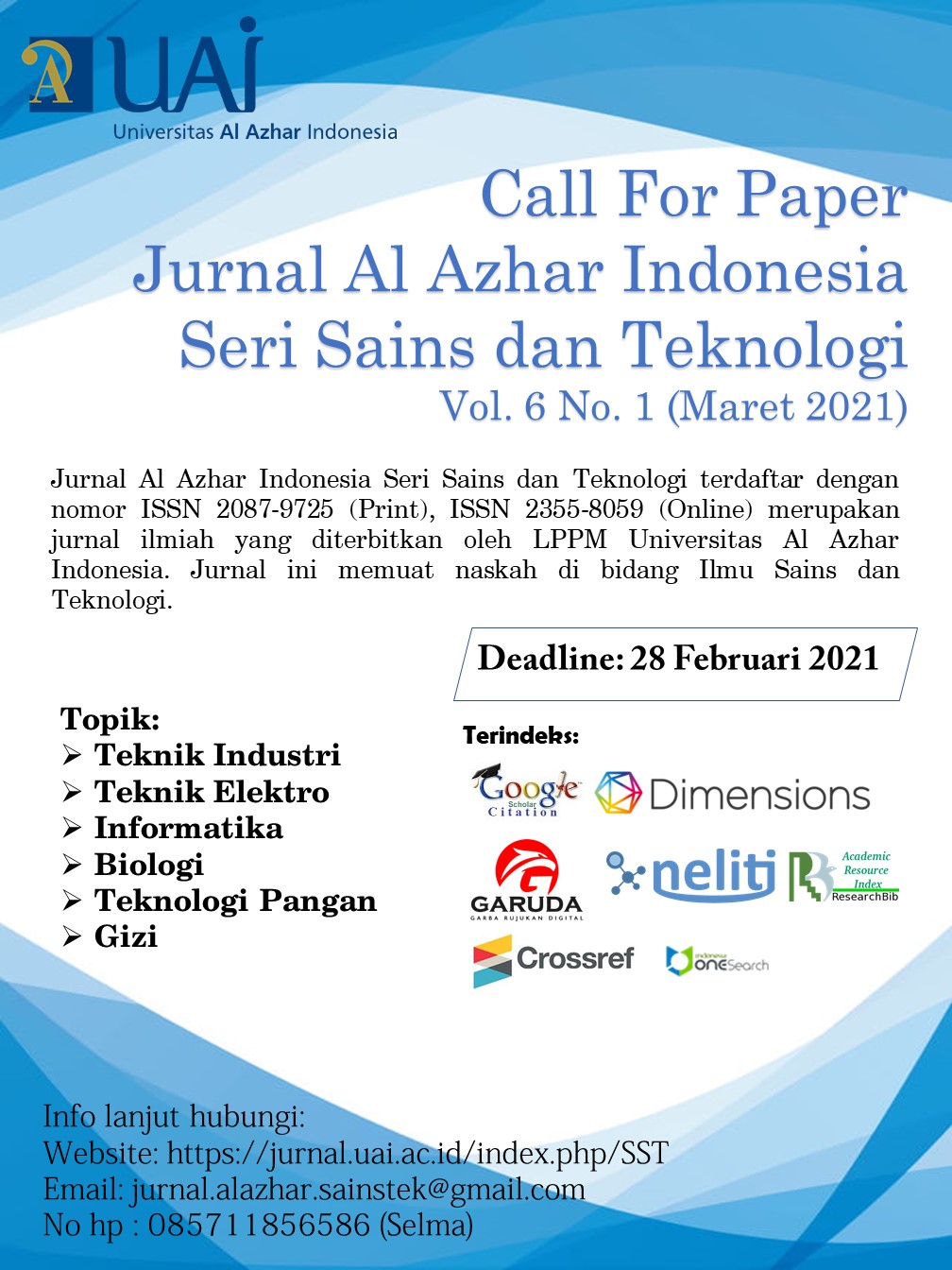

CALL FOR PAPERS SERIES
The conference will be the latest of a longstanding series of international conferences, known for high quality and innovative research on intelligent systems and cognitive science approaches for educational computing applications. The AIED Society organises the AIED conference and is aimed at advancing science and engineering of intelligent human-technology ecosystems that support learning. Engaging with the various stakeholders – researchers, educational practitioners, businesses, policy makers, as well as teachers and students – the conference will set a wider agenda on how novel research ideas can meet practical needs to build effective AI-assisted human-technology ecosystems that support learning.ĪIED 2023 will be the 24th edition and the 30th anniversary of the International AIED Society.
CALL FOR PAPERS HOW TO
The conference sets the ambitious goal to stimulate discussions on how AI shapes and can shape education for all sectors, how to advance the science and engineering of AI-assisted interactive learning systems, and how to promote broad adoption. Towards this goal, we set this year's theme as "AI in Education for Sustainable Society" and invite authors to present research on how AI in education can help our society meet its need to provide inclusive and equitable quality education and to promote lifelong learning opportunities for all. “AI in Education for Sustainable Society”Ībstracts due: JanuPapers due: January 16, 2023Ī sustainable society is driven by the principle of realising peace and prosperity for all people and the planet with an inclusiveness that “leaves no one behind.” As the AIED community, we concern ourselves with the mission of using Artificial Intelligence (AI) to contribute to a world with equitable and universal access to quality education at all levels (UN Sustainable Development Goal 4: ). Will take place between July 3-7, 2023 in Tokyo, Japan and virtually. Conference Co-Chairs are not allowed to be authors or co-authors of any submissions.The 24th International Conference on Artificial Intelligence in Education (AIED 2023) When both Conference Co-Chairs are in conflict, a committee member will be appointed to handle the paper. When a Conference Co-Chair is conflicted, the other Co-Chair will be responsible for managing that paper. When a Track Chair has a conflict, the paper will be handled by the Conference Co-Chairs. Program-committee members who have a genuine conflict of interest with a paper, including the Conference Co-Chairs and the Track Chairs, will be excluded from evaluation and discussion of that paper. They are only allowed to submit two papers in their own track, and any number in other tracks. Track Chairs are allowed to submit papers, and those papers will be handled by the Conference Co-Chairs. The chairs reserve the right to request further explanation and can remove non-mandatory conflicts at their discretion. For any other declared conflict, authors are required to explain the nature of the conflict, which will be reviewed by the Conference Co-Chairs and the Track Chairs. Mandatory declared conflicts of interest include current or former doctoral advisor/advisee, members of the same institution, close family members, and recent co-authors (within the past 2 years). The conference requires cooperation from both authors and program-committee members to ensure a fair review process.įor this purpose, authors must report all program-committee members who, in their opinion, have a conflict of interest and therefore may not be able to provide an unbiased review.
CALL FOR PAPERS PC
Authors who have questions about whether their paper is in scope are encouraged to ask the PC chairs in advance.

Submitted papers may be rejected for being out of scope, at the discretion of the PC chairs. Submitted papers must not substantially overlap with papers that have been published or accepted for publication, or that are simultaneously in submission to a journal, conference, or workshop with published proceedings.Īll submissions should be properly anonymized papers not properly anonymized may be rejected without review.Īll submitted papers will be evaluated based on their merits, particularly their importance to practical aspects of computer and communications security and privacy, novelty, quality of execution, and presentation.įor papers that might raise ethical concerns, authors are expected to convince reviewers that proper procedures (such as IRB approval or responsible disclosure) have been followed, and due diligence has been made to minimize potential harm. All submissions must be received by 11:59 PM AoE (UTC-12) on the day of the corresponding deadline.


 0 kommentar(er)
0 kommentar(er)
